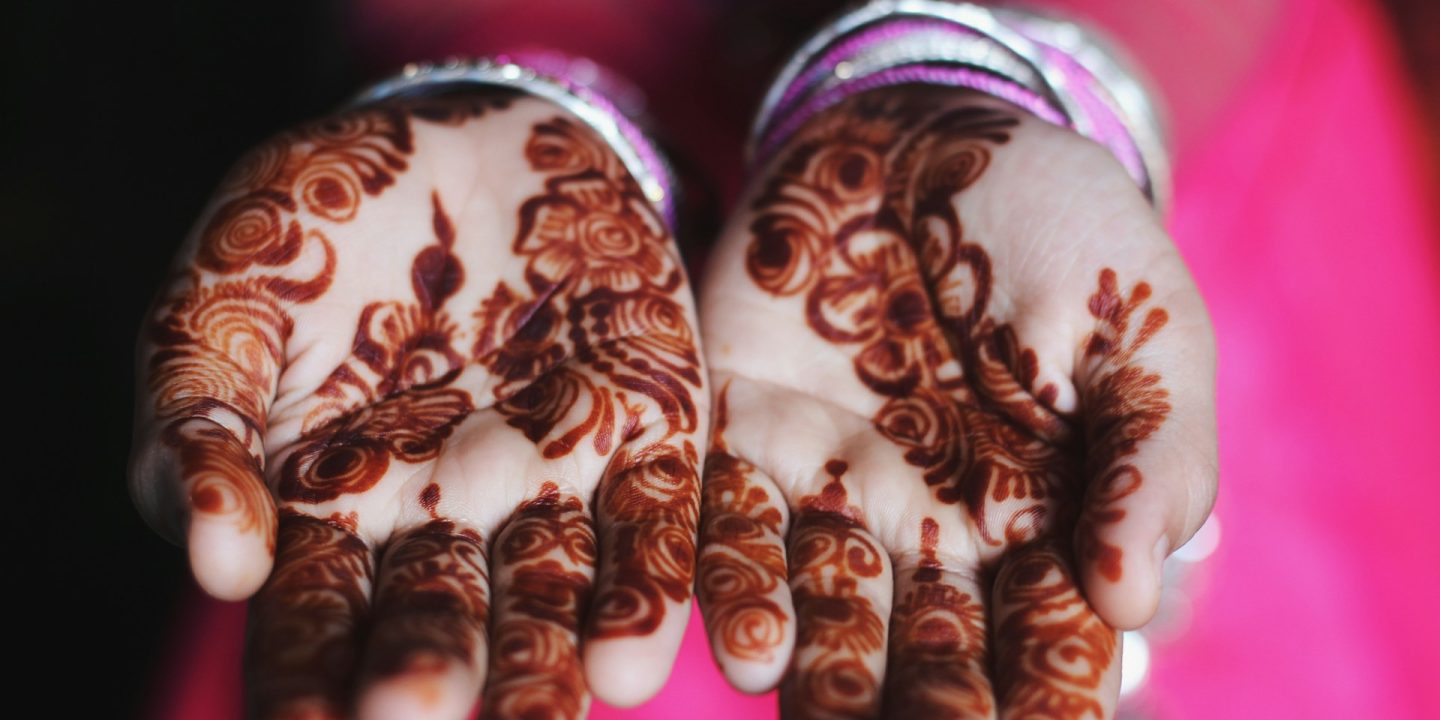
Eid al-Adha, also known as the Festival of Sacrifice, holds profound significance in the Islamic calendar as one of the holiest celebrations observed by Muslims worldwide. As the crescent moon heralds the arrival of Eid al-Adha 2024, Muslims eagerly anticipate a time of spiritual reflection, sacrifice, and unity. Let’s delve into the essence of Eid al-Adha and the timeless traditions that define this sacred occasion.
The Significance of Eid al-Adha
Eid al-Adha commemorates the willingness of Prophet Ibrahim (Abraham) to sacrifice his son Isma’il (Ishmael) as an act of obedience to Allah’s command. As Ibrahim prepared to carry out the sacrifice, Allah intervened and provided a ram as a substitute, demonstrating the importance of faith, obedience, and submission to the divine will. Eid al-Adha serves as a reminder of the profound lessons of devotion, sacrifice, and trust in Allah’s mercy.
Rituals and Traditions
The central ritual of Eid al-Adha is the sacrifice of an animal, typically a sheep, goat, cow, or camel, symbolizing Ibrahim’s act of obedience and devotion. The sacrificed animal is divided into three parts: one-third for the family, one-third for relatives and friends, and one-third for the less fortunate and needy. This act of charity and generosity underscores the importance of sharing blessings and caring for those in need, fostering a sense of community and solidarity.
Prayer and Reflection
On the morning of Eid al-Adha, Muslims gather at mosques or designated prayer grounds to perform the special Eid prayer, known as Salat al-Eid. The prayer is a solemn occasion marked by supplication, gratitude, and reflection on the teachings of Islam. Imams deliver sermons focusing on themes of sacrifice, faith, and compassion, inspiring worshippers to embody these virtues in their daily lives.
Family Gatherings and Festivities
Eid al-Adha is a time for families to come together in celebration and gratitude, sharing in the joyous spirit of the occasion. Homes are adorned with decorations, and sumptuous feasts are prepared to mark the festive occasion. Families exchange gifts, visit relatives and friends, and partake in communal meals, strengthening bonds of kinship and friendship.
Charity and Outreach
Central to the spirit of Eid al-Adha is the emphasis on charity and outreach to the less fortunate. Muslims are encouraged to give Zakat al-Fitr, a form of obligatory charity, to ensure that everyone can partake in the joyous festivities of Eid. Charitable organizations and community centers organize food drives, clothing donations, and humanitarian initiatives to support marginalized communities and alleviate suffering during Eid.
Conclusion:
As Eid al-Adha 2024 unfolds, Muslims around the world come together to celebrate the timeless values of faith, sacrifice, and compassion. Through acts of devotion, charity, and unity, Eid al-Adha becomes a testament to the enduring spirit of Islam and the universal principles of love and justice. As families and communities gather to commemorate Prophet Ibrahim’s legacy, Eid al-Adha serves as a poignant reminder of the importance of faith, sacrifice, and solidarity in the journey of life.











